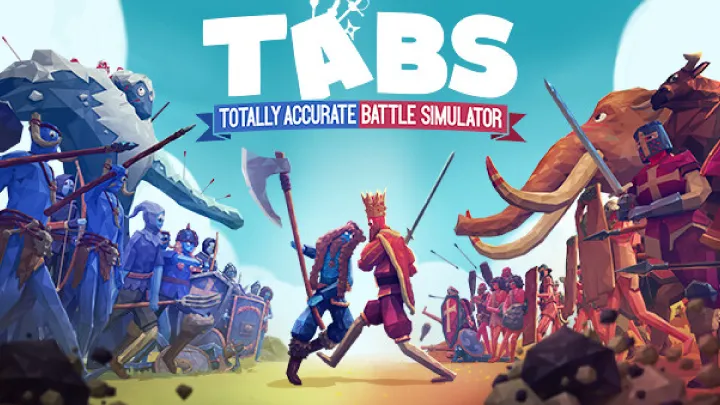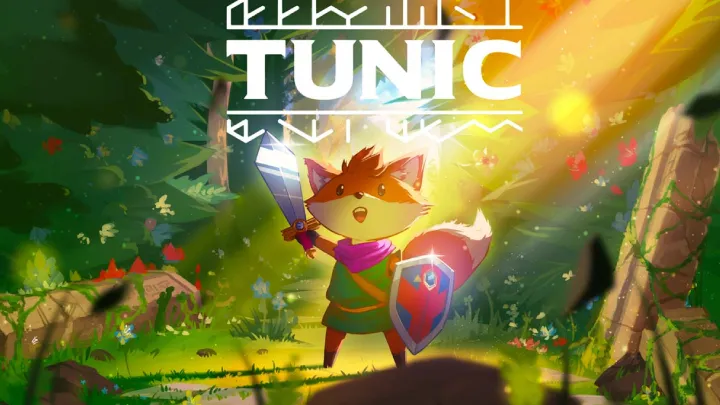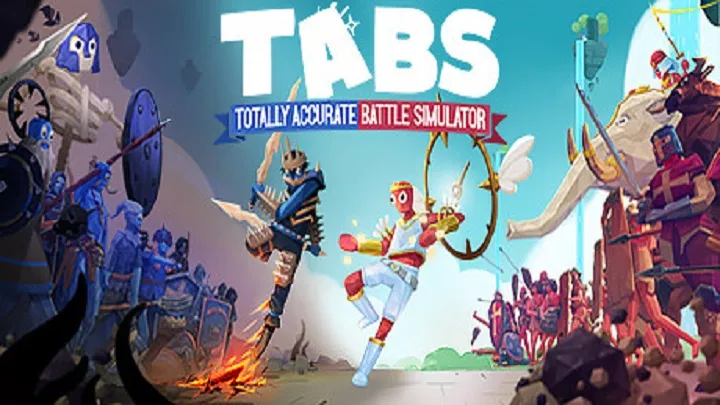Football is universally recognized as the world's most popular sport, captivating millions with its thrilling matches and iconic players. As the digital landscape has evolved, so too has the way fans engage with football. The advent of football video games has transformed traditional fandom into an interactive experience, giving rise to a vibrant esports scene. In this essay, we will explore the most popular football games in esports, primarily focusing on FIFA, Pro Evolution Soccer (PES), and Football Manager. We will delve into their competitive scenes, community engagement, and the cultural impact they have on fans and players alike.
1. FIFA Series
Overview
The FIFA series, developed by EA Sports, stands as the most recognized football video game franchise globally. Since its inception in 1993, FIFA has undergone significant transformations, becoming synonymous with football gaming. Each new installment introduces advancements in graphics, mechanics, and gameplay features, continually elevating the player experience. With licensed teams, players, and leagues, FIFA offers an authentic football experience that resonates with fans.
The game's mechanics have evolved to include various modes such as Career Mode, Ultimate Team, and Volta Football, catering to different player preferences. Ultimate Team, in particular, allows players to build their dream teams by collecting player cards, adding a layer of strategy and excitement to gameplay. This mode has become one of the most lucrative aspects of the game, driving microtransactions and community engagement.
Competitive Scene
FIFA boasts a thriving competitive ecosystem, with the FIFA eWorld Cup being the pinnacle of esports football. This annual tournament draws the best players from around the globe, who compete for the title of world champion. The qualification process is rigorous, involving regional competitions and points-based systems that allow players to earn their place in the finals.
In 2025, the FIFA eWorld Cup reached unprecedented viewership, peaking at nearly 6.94 million concurrent viewers during the finals. Such numbers illustrate the game's immense popularity and the growing interest in esports as a legitimate form of competition. The competitive scene is further enriched by various leagues, such as the EFL Championship and the ePremier League, which simulate real-world football competitions and engage fans in new ways.
Community Engagement
EA Sports actively engages with the FIFA community through regular updates, events, and in-game content. Seasonal events, such as Team of the Year and Team of the Season, create excitement and encourage player participation. Additionally, EA Sports has fostered a strong relationship with content creators and streamers, amplifying the game's reach and visibility.
The FIFA community is diverse, encompassing players of all skill levels. Forums, social media groups, and online communities provide platforms for sharing tips, strategies, and experiences. This sense of camaraderie enhances the overall gaming experience, making FIFA more than just a game; it becomes a social platform for football fans.
2. Pro Evolution Soccer (PES) / eFootball
Overview
Pro Evolution Soccer, now rebranded as eFootball, is another major contender in the football gaming arena. Developed by Konami, PES has earned a reputation for its realistic gameplay and attention to detail. While it may not have the same level of licenses as FIFA, many players argue that PES offers a more authentic football experience, thanks to its nuanced ball physics and player movements.
PES has undergone significant changes since its transition to eFootball, shifting to a free-to-play model and adopting a more service-oriented approach. This change aims to attract new players and keep the game fresh through regular updates and content drops.
Competitive Scene
PES has its own competitive ecosystem, though it is not as widely recognized as FIFA's. The eFootball Championship is a notable event that showcases top players from around the world. While the viewership numbers may not rival those of FIFA, the competitive scene remains vibrant, with dedicated players and teams striving for success.
In 2025, the eFootball Championship experienced a resurgence, with increased participation and viewership. This growth can be attributed to Konami's commitment to enhancing the competitive experience and fostering a community of passionate players.
Community Engagement
Konami has made concerted efforts to engage the PES community through regular updates and community-driven events. The game's live events and challenges keep players invested, while the introduction of new modes and features ensures that gameplay remains dynamic.
The PES community is known for its loyalty and passion. Online forums and social media groups serve as hubs for discussing strategies, sharing content, and organizing online leagues. This sense of community enhances the overall experience, allowing players to connect over their shared love of football.
3. Football Manager
Overview
While not a traditional football game, Football Manager offers a unique perspective on the sport by allowing players to assume the role of a team manager. Developed by Sports Interactive, this management simulation focuses on tactics, transfers, and team dynamics. Players are tasked with building and managing their teams, making strategic decisions that can lead to success or failure.
Football Manager is renowned for its depth and realism, often praised for its extensive database of players, teams, and leagues. The game simulates the complexities of football management, from scouting talent to negotiating contracts. This level of detail appeals to fans who enjoy the strategic side of the sport.
Competitive Scene
Although Football Manager lacks large-scale tournaments like FIFA or PES, it boasts a strong community of players who engage in various competitions. Online leagues and community-run tournaments allow players to showcase their management skills and compete against each other. Additionally, content creators often host challenges and series that add an element of competition and excitement.
In 2025, the Football Manager community continued to thrive, with players sharing their experiences and strategies through forums, social media, and streaming platforms. This sense of camaraderie fosters an engaging environment for fans of the game.
Community Engagement
The Football Manager community is highly active, with forums, fan sites, and content creators contributing to the game's ecosystem. Regular updates and patches from Sports Interactive ensure that players have access to the latest data and features. The developers also engage with the community through feedback sessions and discussions, allowing players to influence the game's direction.
Cultural Impact
The impact of football games in esports extends beyond mere competition. They serve as a bridge connecting fans to the sport, allowing them to experience football in a new and immersive way. These games foster a sense of community, with players sharing strategies, tips, and experiences online.
Moreover, football games have become a platform for professional players to engage with their fans. Many professional footballers participate in gaming events or stream their gameplay, further blurring the lines between traditional sports and esports. This crossover has led to collaborations between gaming companies and football clubs, further solidifying the connection between the two worlds.
Future Trends in Football Esports
As technology continues to advance, the future of football games in esports looks promising. The integration of virtual reality (VR) and augmented reality (AR) could revolutionize the gaming experience, making it even more immersive. Imagine playing a football game where you can physically move around the field, strategizing and executing plays in real time.
Additionally, the growth of mobile gaming is likely to influence the future of football esports. Mobile football games have already gained popularity, and as more players engage with these platforms, we can expect to see an increase in mobile tournaments and competitions.
Esports organizations are also beginning to recognize the potential of football games. Sponsorships, partnerships, and investment in football esports are on the rise, leading to more opportunities for players and teams. As the industry evolves, we may see the emergence of dedicated football esports leagues, similar to those in traditional sports.
Conclusion
Football games such as FIFA, PES, and Football Manager have made significant contributions to the esports landscape. With their competitive scenes, community engagement, and cultural significance, these titles continue to attract players and fans alike. As technology advances and the esports industry grows, the future of football games in esports looks bright, ensuring that they remain a vital part of both the gaming and sports worlds.
In summary, the rise of football games in esports reflects the changing dynamics of fandom and competition. These games not only provide entertainment but also create communities that celebrate the sport in innovative ways. Whether through the thrill of competitive play or the joy of managing a team, football video games will continue to be an integral part of the global football experience.

















